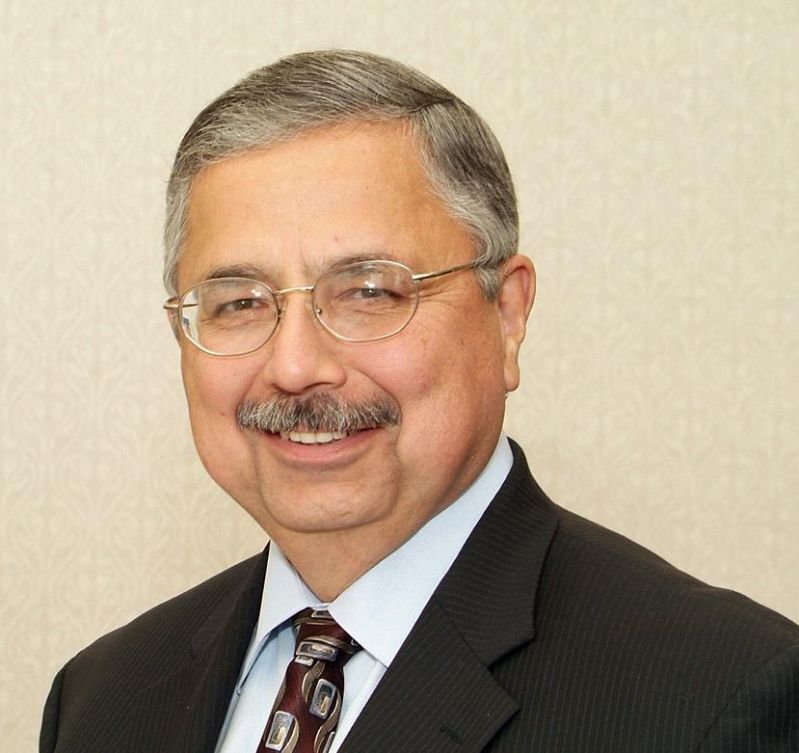The following column is the opinion and analysis of the writer.
Some 450 members of the U.S. Global Leadership Coalition attended virtual meetings in early June with their senators and staffs across the country, to request they provide adequate funding in this next emergency funding bill, to help stop the spread of COVID-19 in the developing world.
A large number of current and past, bipartisan members of Congress, foreign policy and global health experts, and military leaders are speaking out regarding the critical need for this international funding and for the U.S. to immediately demonstrate global leadership in this critical effort. Recent polls have shown that: one, over 90% of voters believe U.S. international leadership and funding are critical to defeating COVID-19 overseas and protecting Americans here at home, and two, nearly 80% support funding the State Department, USAID and other diplomatic and development agencies to fight this global pandemic.
To date, none of the Congressional COVID-19 emergency bills have provided funding to help “stop the spread” in the developing world. The U.S. invested $2.3 billion during 2014-2016 to successfully stop the spread of Ebola in three countries in western Africa: Liberia, Guinea and Sierra Leone. The development of the subject $12 billion recommended Congressional request was spearheaded by the USGLC along with others in the global development community.
It is specifically intended to provide needed medical support, PPE, educational materials, humanitarian aid, and eventual recovery assistance to include vaccines, therapeutics and testing supplies. This funding will also be used to protect U.S. citizens serving in those countries.
Providing the requested funding of $12 billion seems very reasonable, given COVID-19 has now affected nearly every country around the world. Over 1 billion people in the world’s most fragile states are at risk of contracting COVID-19. Cases are spiking in many of these countries, like Brazil in Latin America; India, Pakistan and Bangladesh in South Asia; and Egypt in Africa.
We are all familiar with the pattern that is developing: many tens of millions of these impoverished people could become infected, many millions of them could die, resulting in food shortages, starvation and the loss of more jobs, pushing even more of their people into poverty, panic and unrest. Then ISIS and other terrorist groups move in, creating significantly increased safety and security issues for all of us here at home.
Our military leaders are warning that the spread of the COVID-19 in developing countries could create the need to: a) deploy troops abroad, putting American lives at risk, and b) spend an order of magnitude more than the $12 billion requested on military equipment and munitions. And our health experts warn of a devastating rebound of COVID-19 back to the U.S. if we do not help stop the spread in these countries now. Dr. Anthony Fauci warned: “If you don’t control an outbreak in the developing world, it’s going to come right around and bite you next season.”
Please consider contacting your local representative and senators immediately, requesting their support for this critical funding and ask them to personally contact others in the House and Senate to support the request. This fourth, and possibly final emergency bill, is moving forward without any international funding included in the bill.
This effort is also very important to job growth in the U.S., since about 50% of U.S. exports were going to the developing world before the global pandemic. We all need to speak out publicly in support of this funding to help “stop the spread” in the developing world and demonstrate U.S. global leadership abroad.





